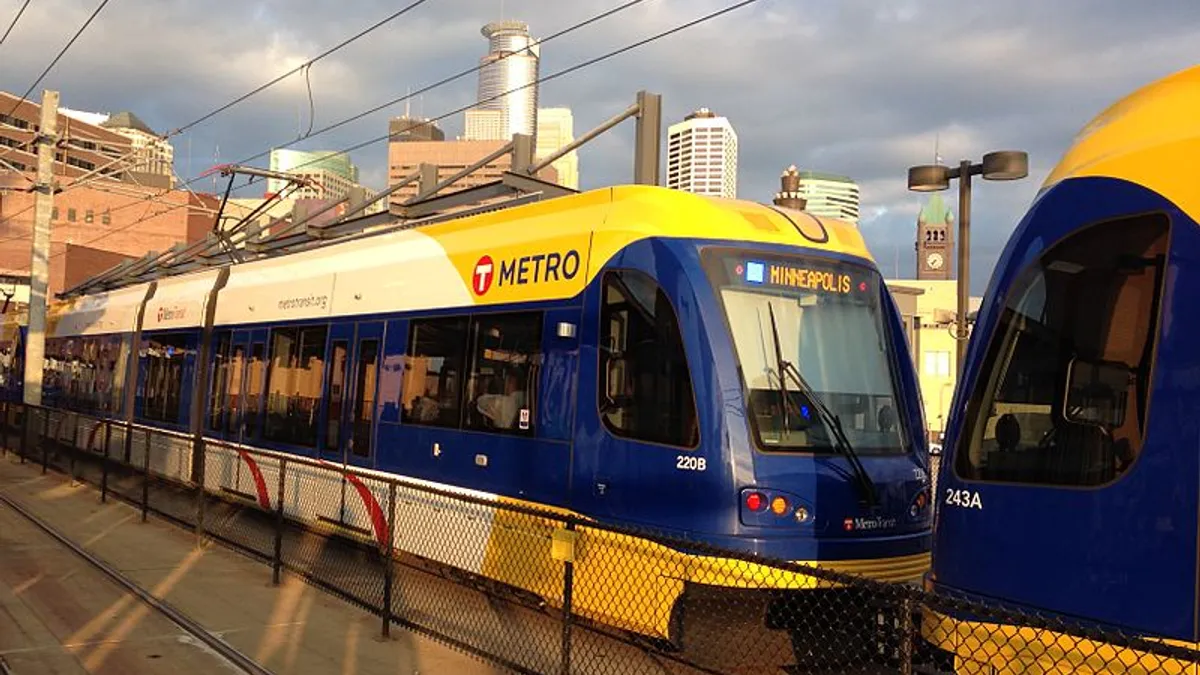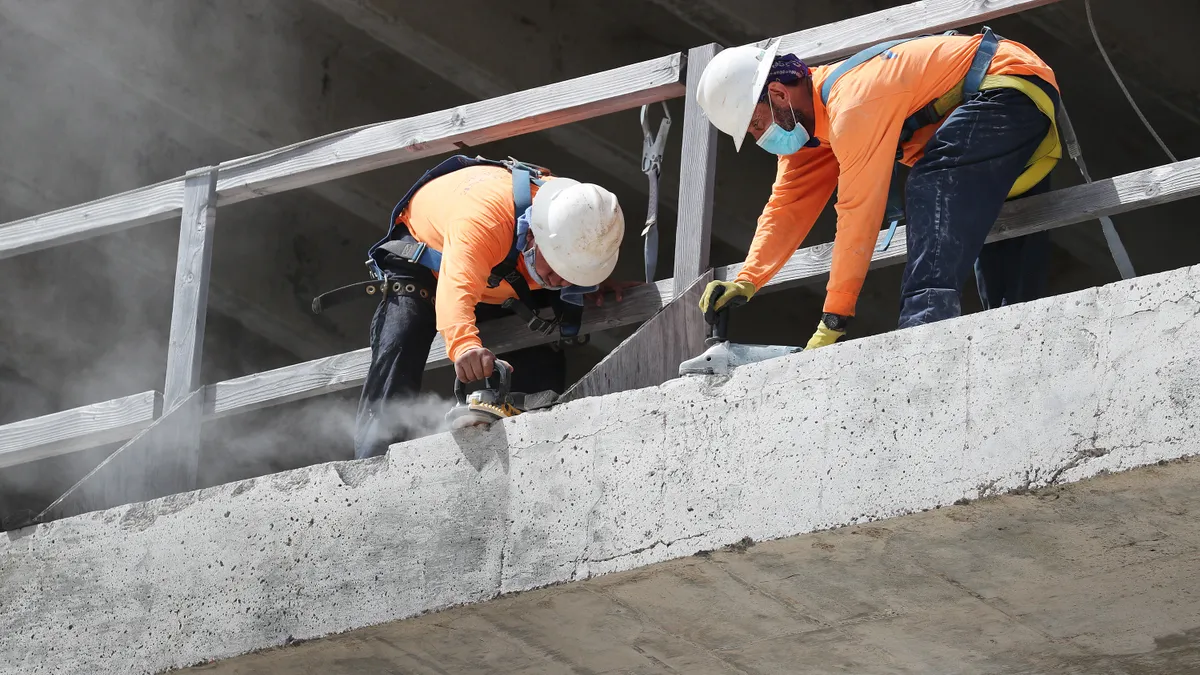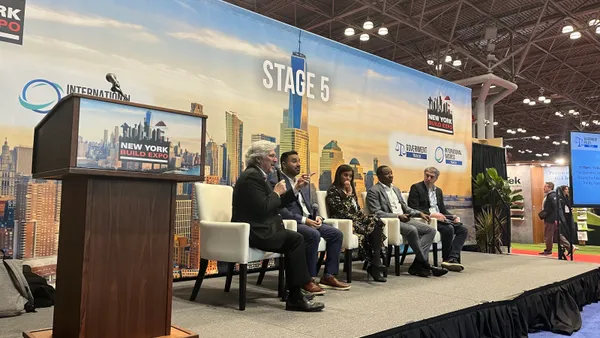Dive Brief:
- The Minneapolis area's regional transportation council announced last week that the price tag for the Southwest light rail project has increased by $18 million to nearly $1.86 billion, according to the Star Tribune.
- Metropolitan Council officials said that 50% of the increase will be borne by the Federal Transit Administration (FTA), but because Minnesota lawmakers refused to fund a $135 million piece of the project in May, local taxpayers are on the hook for the remaining $9 million.
- FTA conditions for its $929 million grant for the project include that state and local public entities match the amount, but, according to Minnesota Gov. Mark Dayton, Republicans are still opposed to the deal, as well as to the funding of other transit projects, as the Legislature heads toward a potential special session .
Dive Insight:
Dayton suggested to reporters at a press conference that the "cost of inaction" by lawmakers had contributed to the rail's rising costs. He added that the longer the project languished, the more expensive it would be. Kate Brickman of the Metropolitan Council told the Star Tribune that the new light rail extension could rack up $1 million a week after Oct. 1 due to third-party consultant and designer expenses.
In addition, Dayton said there is a window for federal funding eligibility to which rail planners must adhere. Republican critics of the light rail project maintain that past hesitation by Democrats and the governor to pursue the project aggressively should give decision makers pause as to whether it is worth funding. If ever completed, the new rail would connect downtown Minneapolis to its southwestern suburb of Eden Prairie.
At the time the projects received local approval, costs had escalated to double what they were in the planning stage, mostly because of the cost of infrastructure required to keep roads open during construction. Although the news of price increases — or their possibility — is never welcome, especially by cash-strapped public entities, it could be better to realize that costs might be prohibitive before the project gets underway, like in the case of the Green Line extension in Boston.
The Green Line light rail extension was put on hold after escalating project costs and delays resulted in the firing of all lead contractors, including the joint venture of White-Skanska-Kiewit. At the time, the Massachusetts Bay Transportation Authority officials pointed their fingers at the guaranteed maximum price delivery method, but subsequent reports from outside consultants indicated that mismanagement by MBTA officials and consultants played a significant role. Since the shakeup, MBTA officials decided to go ahead with what they have referred to as a "scaled down" version of the original Green Line plan.













